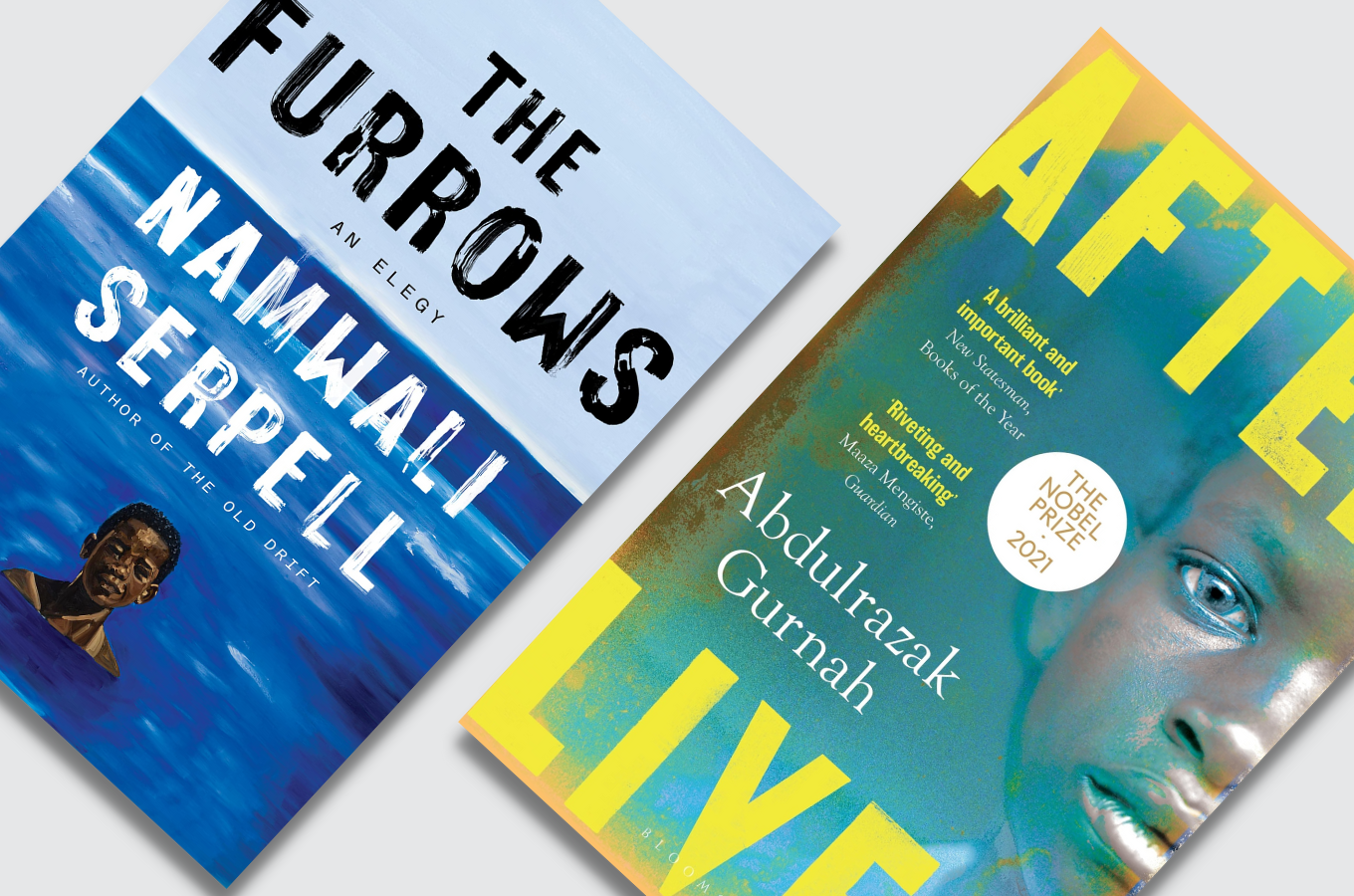
Barack Obama shares an annual list of favorite books, music, and films. It’s a yearly affair and draws a lot of attention. Every publisher wants their book on the list. Book stores are on standby to feature the listed books. Among the “books [he] read and enjoyed this year year” are two African books made the list—The Furrows by Namwali Serpell and Afterlives by Abdulrazak Gurnah. Of all the African books that hit the global literary market, why these two?
Serpell’s novel had a remarkable year in terms of its appearance in major end-of-year lists. Everyone from The New York Times, Oprah Daily, The Guardian, Time Magazine, to Esquire, Vox and The New Yorker featured the book on a best-of list. The Furrow has clearly charmed critics and readers, if you go by the Goodreads stats.
The Furrows is a story about grief, that kind of quiet but maddening type of grief. In the novel, a girl named Cassandra Williams loses her brother. Though his body is never found, he is all but lost to the family. The novel carefully explores this strange kind of grief where one is lost in the in-between of loss and the possibility of being found. Serpell’s last book is nothing like this book. The Old Drift, published in 2019, is a loud, chaotic, trans-historical mash-up of many genres. Plus, it is huge. This book is quiet. The opening lines,” I don’t want to tell you what happened. I want to tell you how it felt. When I was twelve my little brother drowned,” says it all. The novel is about how you feel loss, where and how it hurts, how it wrecks havoc on existing relationships, and how that feels as well. Serpell is a bit of a trickster, meaning that she is always playful when it comes to how she tells her story. A novel is never just a linear storyline. It has to surprise the reader. This novel, in spite of the weighty subject matter, is told through an experimental format. We have a powerful story that gets to the rawest layer of human emotion presented in an unusual intriguing style of storytelling. Why would Obama not love it?
The second book on the list is Afterlives by Abudulrazak Gurnah. In terms of time period and emotional atmosphere, it is very different from Serpell’s book. Gurnah won the Nobel Prize in 2021 and went from a writer loved by some to a writer known by all. It makes sense for Obama to have him on his list—even if just for his Nobel win. But there is more to Obama including his book. Afterlives is set in the beginning of the 20th century. Two men Ilya and Hamza are returning home from having fought for the Germans in the Maji Maji uprising. Their experiences reflect the violence of German colonialism. The heart of the story is this war and how it shapes the lives of the characters, but the point of the story is to center those powerful relationships that affirm our humanity in spite of the most oppressive violence. Gurnah’s characters are always powerful in the way they express the raw, truthful dimensions of history. But that’s not all. The novel is also eye-opening for readers who are not familiar with the East African coast of the Indian Ocean. Gurnah paints the picture of the coastal towns vividly. He takes readers back in time to the hustle and bustle of these urban spaces and the unique sense of beauty and wonder that defined them. For a President who has lived and acted at the center of world history, a novel like that would certainly be appealing.









COMMENTS -
Reader Interactions